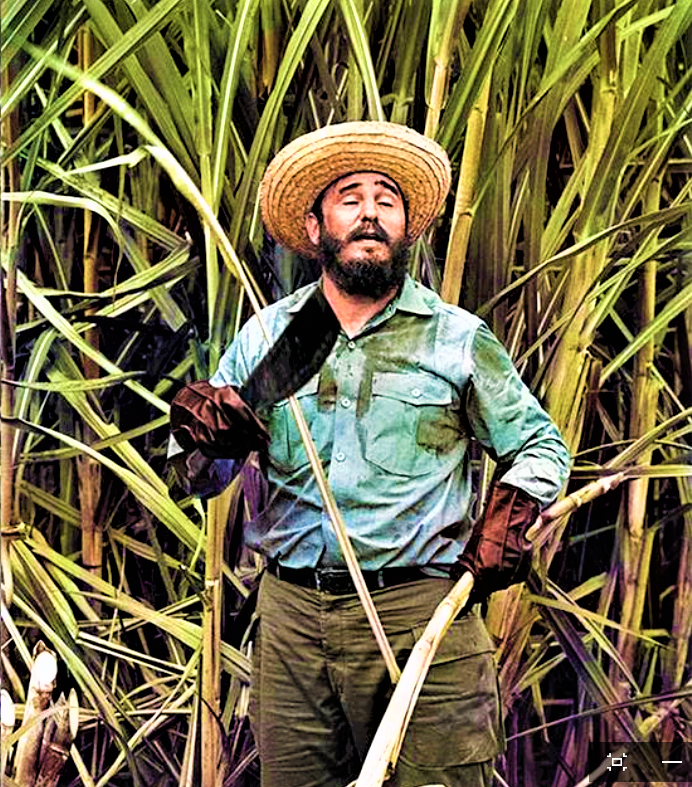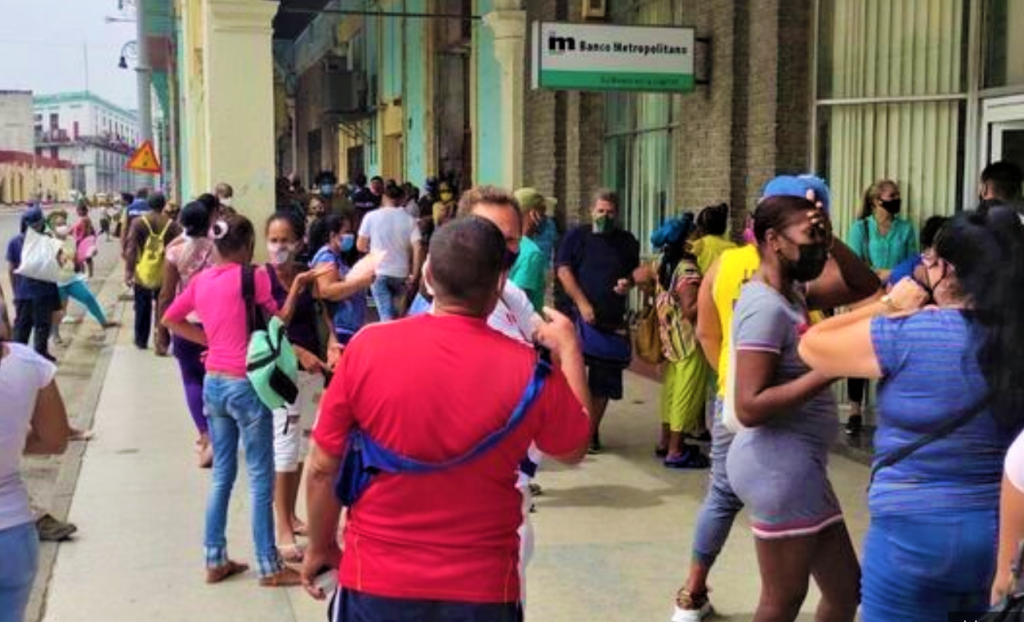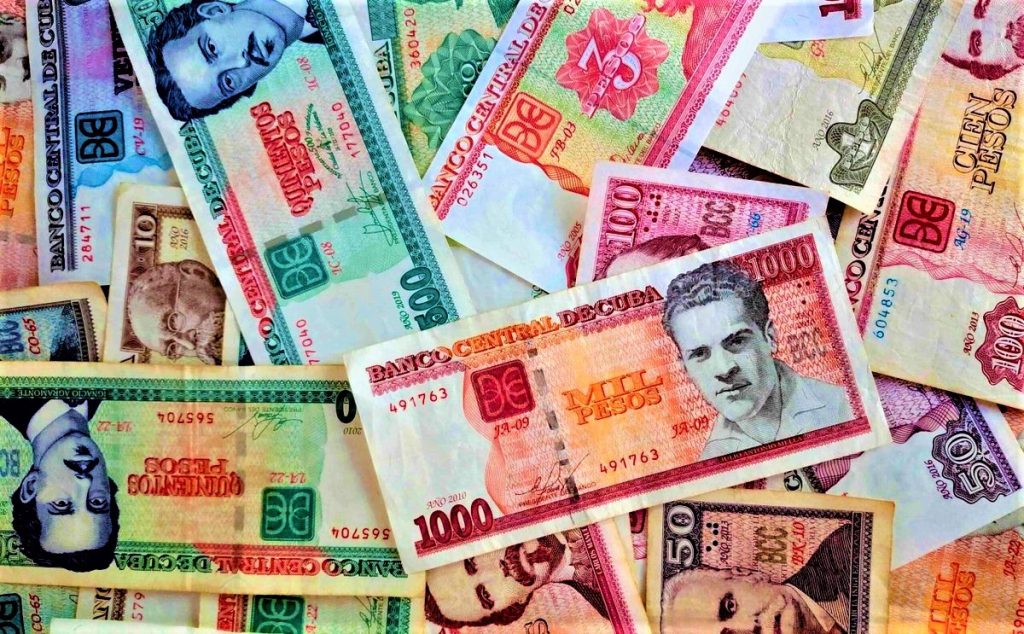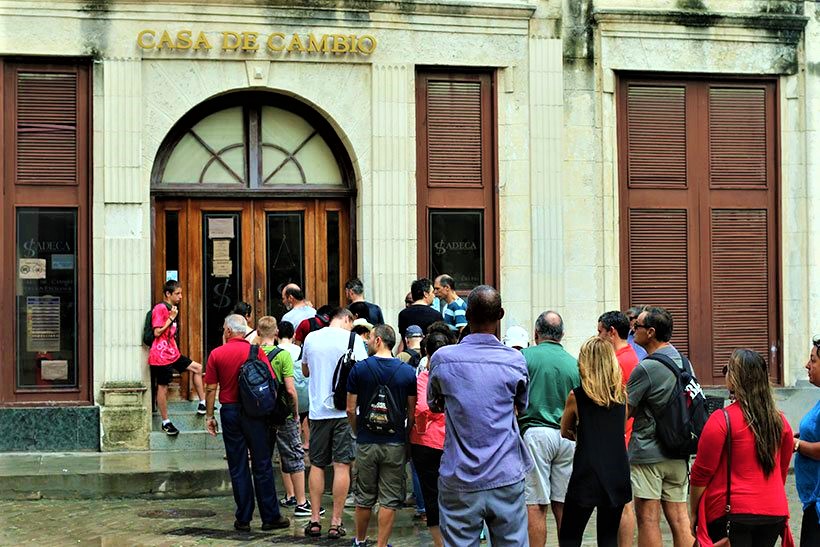Government bungling and a shortage of dollars are to blame
The Economist, July 3, 2021
Original Article: Cuba’s Food Crisis
“CUBANS HAVE always been resourceful,” says Ana, the owner of a private farm-to-table restaurant near Havana. “But now we need to be magicians and acrobats.” The communist island is facing its worst shortage of food since the 1990s. Finding ingredients was never easy in a place which imports around 70% of its food. Over the past year it has become nearly impossible. When grocery shops are empty, as is so often the case, Ana tries the internet or the black market, only to find that prices are prohibitively high. Farmers no longer want to sell produce to her, she says, as they need to eat it themselves.
“CUBANS HAVE always been resourceful,” says Ana, the owner of a private farm-to-table restaurant near Havana. “But now we need to be magicians and acrobats.” The communist island is facing its worst shortage of food since the 1990s. Finding ingredients was never easy in a place which imports around 70% of its food. Over the past year it has become nearly impossible. When grocery shops are empty, as is so often the case, Ana tries the internet or the black market, only to find that prices are prohibitively high. Farmers no longer want to sell produce to her, she says, as they need to eat it themselves.
The government blames the shortage of food mostly on sanctions imposed by the United States—sanctions which, on June 24th, the UN General Assembly voted to condemn, as it has done nearly every year since 1992. But since 2001 the sanctions have exempted food. Indeed, the United States is the largest exporter of food to Cuba, though last year those imports were at their lowest level since 2002.
Some external factors have affected the food supply. The jump in global food prices, which in the year to May surged by 40%, the largest increase in a decade, has made imports more expensive. But the main problem is the government’s lack of hard currency. Tourism, normally 10% of GDP, has atrophied because of the pandemic: whereas 4.2m people visited in 2019, just over 1m did last year, nearly all in the first three months of the year. Remittances have also suffered. Before covid-19, commercial airlines would operate as many as ten flights a day between Miami and Havana, all packed with cash-toting mulas. But now only a handful of flights go to Havana each week. In addition, this year’s harvest of sugar—one of Cuba’s main exports—was the worst in more than a century, as a result of drought (the dollar shortage also sapped supplies of fertiliser and petrol).
The government is trying desperately to eke out dollars and skimp on imported goods. Cubans can no longer buy greenbacks from state-operated exchanges at the airport. State-owned bakeries are replacing a fifth of the imported wheat flour they use in bread with substitutes made from home-grown corn, pumpkin or yucca, much to the dismay of consumers, who have complained that bread now tastes like soggy corn. The sale of biscuits has been limited in certain cities to cut back even more on imports of flour.
Since February, in a desperate attempt to collect hard currency, the government has required that foreigners pay for their seven-day mandatory stay in a state-owned quarantine hotel in dollars (since June, this has even applied to some Cubans). To earn more from its diaspora, the state also operates e-commerce sites through which Cubans abroad can pay in dollars or euros for food and gifts to be delivered to people on the island.
Indeed many Cubans abroad are trying to help their family members stave off hunger by sending their own care packages. But even these have become harder and more costly to post. Goods from the United States that once took two weeks to deliver can now take up to four months to arrive, as shortages of fuel and trucks in Cuba make the final leg of the delivery trickier.
Bungled policy responses have made things worse. On June 10th the Cuban central bank announced that, from June 21st, Cubans would not be able to deposit dollars into their bank accounts for an undisclosed amount of time. This is despite the fact that, in order to buy goods in state-owned shops, Cubans need to have a prepaid card loaded with dollars. They will now have to exchange their dollars for euros or other currencies, which involves a fee. Emilio Morales, the head of the Havana Consulting Group in Miami, thinks this was a way to scare people into depositing more before the deadline.
Rather than stabilise the economy, the policy is likely to do the reverse. Some exchange houses in Miami soon ran out of euros. Cuban banks were overwhelmed by queues of panicking people trying to deposit the dollars they needed to buy groceries. “Cuba has 11m hostages and is expecting Cuban exiles to pay their ransom,” says Mr Morales. Ricardo Cabrisas, the deputy prime minister, was recently in Paris negotiating another extension on the roughly $3.5bn of loans owed to foreign governments—the island has been in arrears since 2019. An ultimatum from creditors may help explain the government’s desire to hoover up greenbacks.
Despite making some attempts to liberalise the economy, the government is bafflingly poor at boosting agricultural production or wooing foreign investors. Firms producing food in Cuba earn only pesos, which have little value internationally, but must buy almost all their inputs abroad in a foreign currency. The government requires farmers to sell their harvest to the state at uncompetitive prices and imposes draconian rules on livestock management. Up until last month it was illegal to slaughter a cow before it had reached an advanced age, as determined by the state. Now farmers may kill them either to sell the meat or to eat it themselves. But before they do so, they must jump through a series of hoops, including certifying that the cow has produced at least 520 litres of milk a year. They are also not allowed to let their herd shrink overall, and so can only slaughter one cow for every three calves they add to it—a tall order in the long run, mathematically. As it is, Cuba is having trouble maintaining its existing cattle herd: last year, in the province of Las Tunas alone, more than 7,000 cows died from dehydration. Farmers have to complete paperwork and wait a week for approval, too. “The process of applying to eat a cow is enough to make you lose your appetite,” says a farmer in Bahía Honda.
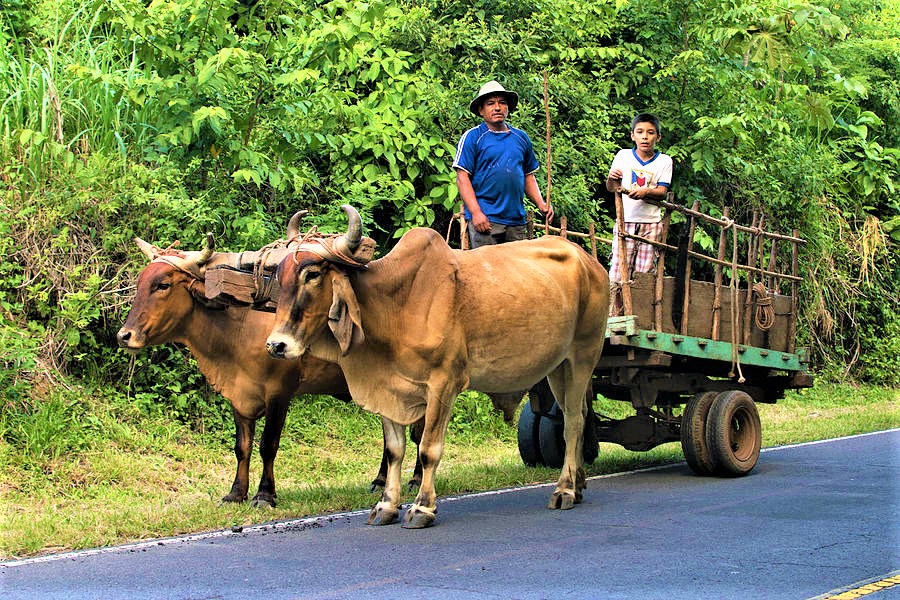
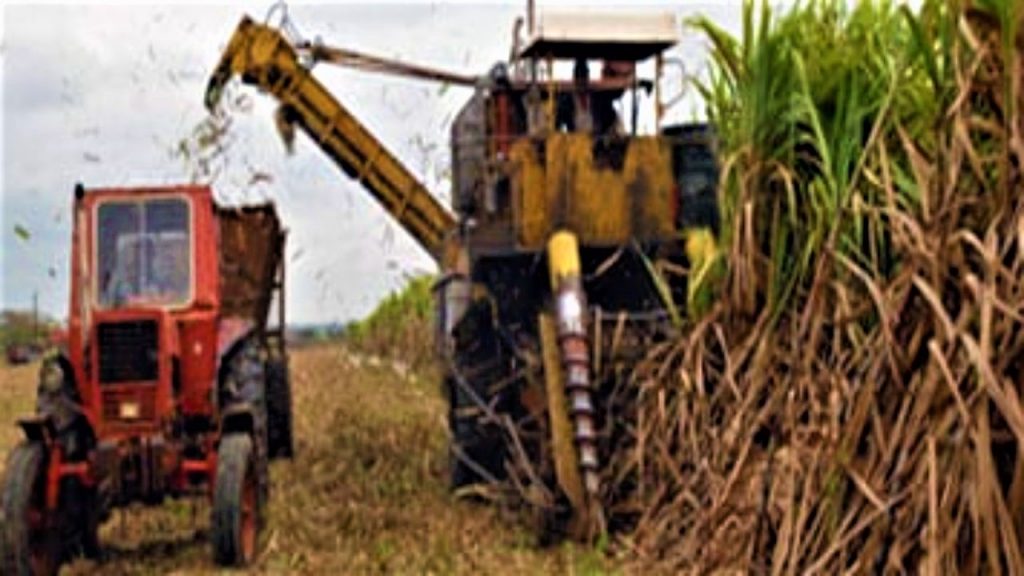
Cubans are no strangers to difficult times. Eliecer Jiménez Almeida, a Cuban filmmaker in Miami, was a child during the “special period” of hardship after the fall of the Soviet Union, and remembers how his grandmother sold her gold teeth in exchange for soap, just so that he and his siblings could take a bath. For him and for many Cubans, the question is not how many more of the same indignities their people can endure, but how much longer.
Discontent was slightly less likely when Fidel Castro was in power. He had charisma and mystique that neither his brother and successor, Raúl, nor Cuba’s current president, Miguel Díaz-Canel, can replicate. What is more, the Cuban diaspora is larger and wealthier and the internet has shown Cubans that many of their economic difficulties are created by their leaders, not the United States. The best way to stave off popular discontent would be to implement more and bigger economic reforms, at a faster pace, starting with farms and small businesses. It is a measure of Cubans’ disillusionment that the old revolutionary cry of “Hasta la victoria siempre” (On to victory, always) has largely been supplanted by the longsuffering “¿Hasta cuándo?” (How much longer?) ■
